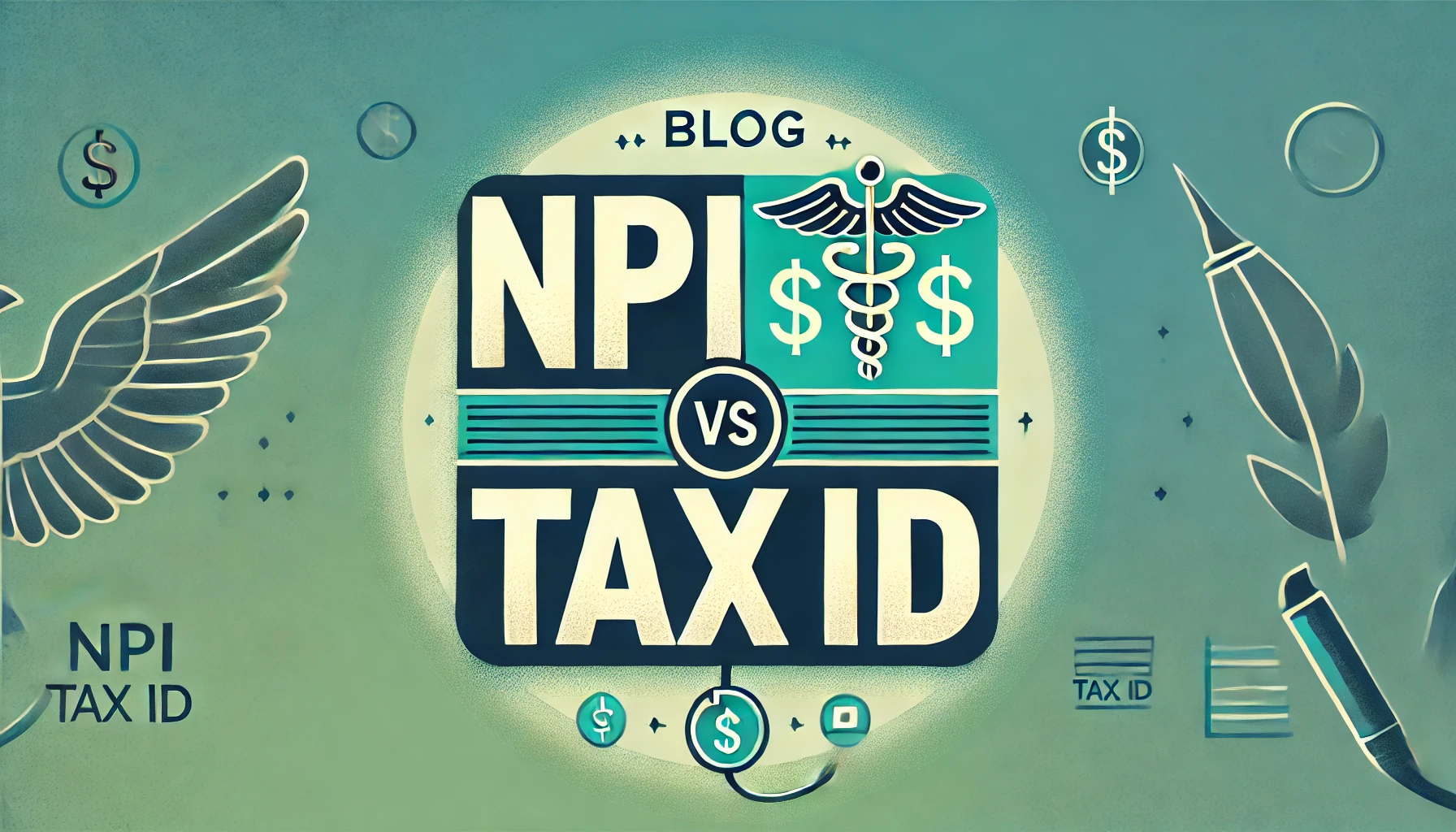How to Find out your IRS CSED in 2024
The IRS Collection Statute Expiration Date (CSED) is a 10-year period during which the IRS can collect outstanding tax debts. Factors such as bankruptcy, installment agreements, and offers in compromise can extend this period. Understanding the CSED helps taxpayers manage obligations and avoid prolonged collection actions.
Abhinil Kumar
Author

The IRS Collection Statute Expiration Date (CSED) is a crucial aspect in dealing with tax debt. It refers to the deadline by which the IRS must legally collect the outstanding tax debt from an individual or business taxpayer. The CSED is typically ten years from the date the tax liability was assessed.
The duration of the CSED starts from the assessment date, which is usually when the tax return was filed, or the IRS made changes to the return. The CSED provides taxpayers with a certain timeframe during which they may be pursued for their unpaid taxes. If the CSED expires, the IRS loses its legal power to collect the debt.
Various factors can extend or suspend the collection period, thereby lengthening the CSED. For instance, filing for bankruptcy temporarily suspends the CSED until the bankruptcy proceedings are complete. Additionally, if a taxpayer enters into an Installment Agreement or the IRS accepts an Offer in Compromise, the CSED is extended by the same duration as the agreement or compromise.
Examples of tax assessments that have their own CSED include audit assessments, self-reported liabilities, and substitute-for-return assessments. These assessments have their own specific CSED, usually starting from the date of assessment.
Understanding the CSED
The Collection Statute Expiration Date (CSED) is a crucial concept in determining when the IRS will cease its efforts to collect tax debts. It refers to the expiration date of the time limit during which the IRS can legally pursue collection activities.
Calculating the CSED involves considering the due date of taxes and the date of payment. Generally, the CSED is ten years from the date the tax liability was assessed. However, if an extension was granted for filing the tax return, the CSED may be extended beyond the usual 10-year period. It’s important to note that the CSED can also be suspended or extended in certain circumstances, such as during bankruptcy proceedings or if the taxpayer has made an offer in compromise.
Different types of tax assessments have their own CSEDs. For income tax, the CSED is usually triggered on the date the tax return was filed. For tax debts arising from audits or examinations, the CSED is typically determined by the date the taxpayer receives the final assessment.
Understanding the CSED is significant as it helps both taxpayers and the IRS determine when the collection activities will expire. Once the CSED has passed, the IRS is prohibited from taking any further collection actions on that particular tax debt. Therefore, taxpayers can have peace of mind knowing that their tax debt will eventually become uncollectible once the CSED has been reached.
Factors that affect the CSED
The Collection Statute Expiration Date (CSED) is the period within which the Internal Revenue Service (IRS) can legally collect outstanding tax debts from taxpayers. Several factors can affect the CSED, including transaction codes (TC) that carry their own CSEDs, TC codes that suspend or extend the expiration date, and certain tax assessments that have their own CSEDs.
Transaction codes are numerical codes used by the IRS to identify specific transactions or actions taken on a taxpayer’s account. Certain TC codes have their own CSEDs, meaning that the expiration date for collecting the tax debt is set based on these codes. When these specific codes are present, the CSED is determined accordingly.
In addition, certain TC codes can also suspend or extend the CSED. For example, TC 520 suspends the expiration date when the taxpayer requests innocent spouse relief. TC 530 suspends the CSED during periods when the taxpayer is serving in a combat zone, while TC 540 extends the CSED when the taxpayer files for bankruptcy.
Furthermore, certain tax assessments have their own CSEDs. For example, tax assessments resulting from the filing of fraudulent returns, the willful attempt to evade taxes, or the failure to file a return altogether have a longer CSED of six years compared to the usual three-year CSED for most tax debts.
Tax assessment date
The tax assessment date plays a crucial role in determining the Collection Statute Expiration Date (CSED) for IRS collection purposes. The assessment date is when the IRS officially determines a taxpayer’s tax liability. It marks the beginning of the period in which the IRS has the legal right to collect outstanding tax debt.
The CSED is the expiration date for the IRS to collect the tax debt. It is generally ten years from the tax assessment date. Once the CSED has passed, the IRS can no longer actively pursue collection efforts.
There are a couple of methods available to obtain the tax liability assessment date. One option is to call the IRS Practitioner Priority Service (PPS), which is a dedicated phone line for tax professionals. By providing the necessary taxpayer information, the tax assessment date can be obtained.
Another method is to request IRS transcripts. Transcripts provide a detailed record of a taxpayer’s account, including the assessment date. Transcripts can be obtained electronically through the IRS website or by submitting Form 4506-T to the IRS.
In conclusion, the tax assessment date is significant in determining the Collection Statute Expiration Date (CSED) for IRS collection purposes. Tax professionals can obtain the tax liability assessment date by contacting the IRS Practitioner Priority Service or requesting IRS transcripts.
The time period for collection
The time period for collection refers to the period during which the Internal Revenue Service (IRS) can collect taxes owed by taxpayers. This time period is determined by the Collection Statute Expiration Date (CSED), which is generally 10 years from the date the tax liability was assessed.
The time period for collection can be suspended or extended under certain circumstances. One such event is when the taxpayer files for bankruptcy. When a taxpayer enters bankruptcy, the CSED is typically suspended until the bankruptcy case is closed. This means that the IRS cannot take any collection action during the bankruptcy proceedings.
Another event that can impact the CSED is when the taxpayer enters into an instalment agreement with the IRS. When an instalment agreement is established, the CSED is extended by the duration of the agreement. For example, if a taxpayer enters into a 3-year instalment agreement, the CSED would be extended by 3 years, giving the IRS more time to collect the taxes owed.
Additionally, when a taxpayer requests an offer in compromise, which is a settlement agreement with the IRS to pay a reduced amount of tax, the CSED is also extended. The CSED is extended by the time it takes for the IRS to review and process the offer.
In summary, the time period for collection can be suspended or extended due to events such as bankruptcy, instalment agreements, and offers in compromise. These events play a crucial role in determining when the IRS can collect taxes owed by taxpayers.
Finding Your CSED
Finding Your CSED (Collection Statute Expiration Date) with the IRS involves a few important steps. Follow the instructions below to determine the CSED for your tax debt:
1. Determine the start date of your tax debt: Identify the tax year and the specific date when you first incurred the debt. This could be the due date for a tax return you failed to file or the date when a tax assessment was made by the IRS.
2. Identify specific CSEDs for various tax assessments: Different types of tax assessments have different CSEDs. For example, the CSED for income tax is generally 10 years from the date of assessment, while the CSED for trust fund recovery penalty is usually 10 years from the date of assessment as well. It’s important to be aware of the specific CSEDs that apply to your tax debt.
Understanding the CSED for your tax debt is crucial for planning and paying your taxes on time. Knowing the expiration date can help you prioritize which tax debts to pay off first and avoid any potential legal consequences associated with unpaid taxes. Additionally, if the CSED for your tax debt has already expired or is about to expire, it may provide you with options for negotiating or resolving the debt with the IRS.
By following these steps and staying informed about your CSED, you can effectively manage your tax debt and ensure compliance with IRS regulations. Remember to regularly review your tax debts and seek professional advice when needed to navigate the complex process of finding your CSED with the IRS.
Checking your tax returns for assessment dates
Checking your tax returns for assessment dates is an important step in managing your finances and ensuring accurate reporting of your taxes. The assessment dates indicate when the Internal Revenue Service (IRS) has processed your tax return and calculated the amount you owe or the refund you are entitled to. Here are two methods you can use to check your assessment dates:
1. Contact the IRS Practitioner Priority Service (PPS): The IRS PPS is a specialized service for tax professionals and can provide you with assessment dates upon request. To use this service, you need to have a valid Power of Attorney on file with the IRS. Call their toll-free number and provide all the necessary information to verify your identity and retrieve your assessment dates.
2. Request IRS transcripts: Another method to check your assessment dates is by obtaining IRS transcripts. These transcripts provide a detailed record of your tax return, including the assessment dates. You can request transcripts online through the IRS website or by mail using Form 4506-T. Transcripts are available for the current year and the previous three tax years.
It is crucial to obtain all potential assessment dates and associated tax amounts to stay informed about your tax obligations. This information helps you plan your finances, make timely payments, and avoid any penalties or interest charges. Regularly checking your assessment dates ensures that you are up to date with your tax obligations and can address any discrepancies or issues promptly. Don’t forget to keep records of your assessment dates for future reference and to maintain accurate financial records.
Contacting the IRS for information on your CSED
Contacting the IRS for information on your CSED (Collection Statute Expiration Date) can be done through a few simple steps. Firstly, gather all the relevant information pertaining to your tax debt, such as your Social Security number, tax year, and any documentation regarding previous correspondence with the IRS.
To contact the IRS, you can call their toll-free customer service number, which can be found on their official website. This will connect you with a representative who can assist you with your inquiry. Alternatively, you may also visit a local IRS Taxpayer Assistance Center for further guidance.
Once you have reached out to the IRS, you can request an IRS statement to confirm the expiration of your tax debt. The IRS statement is an official document that outlines the details of your CSED, such as the date it began and the date it is set to expire. You can request this statement by providing your tax identification information and explaining that you are seeking confirmation of your CSED.
Obtaining this IRS statement is crucial, as it will serve as concrete evidence of the expiration of your tax debt. It can be beneficial when dealing with potential legal issues or attempting to resolve any lingering disputes with the IRS.
Remember, accuracy and patience are key when contacting the IRS. Ensure that you provide all necessary information and follow their instructions carefully to get the most accurate information regarding your CSED and tax debt expiration.

Consulting with tax professionals for assistance
When it comes to navigating the complex world of taxes, consulting with tax professionals can provide invaluable assistance. Whether you are an individual taxpayer or a business owner, seeking the expertise of these professionals can ensure that you are complying with tax laws and regulations, maximizing your tax savings, and avoiding potential audits or penalties. In this article, we will explore the benefits of consulting with tax professionals and how they can help guide you through the intricate tax landscape.
Conclusion
In conclusion, navigating the IRS Collection Statute Expiration Date (CSED) requires a strategic approach, especially when dealing with the complexities of tax liability and the IRS’s collection tools. The CSED sets a 10-year period for the IRS to exercise its collection actions, emphasizing the significance of taxpayer awareness of this timeframe. The importance of this statute is paramount, as it governs the collection policy, impacts instalment agreements, and defines the timeline for additional taxes or assessments.
Understanding the intricate workings of the CSED, including voluntary payments, tax assessments, and the potential for collection after assessment, is a critical aspect of tax planning and compliance. It is imperative for those who might be exposed to collection efforts, civil penalties, or additional taxes to comprehend the statute of limitations on collection and seek guidance from tax professionals.
For individuals exploring the possibility of instalment agreements or contending with the nuances of military service-related tax deferments, knowing the specific CSED for various tax modules, such as the federal income tax return, can inform decision-making and ensure protection against undue collection actions.
As taxpayers approach the end of the original 10-year collection statute, it is crucial to conduct a thorough review of their tax standing, considering any collection statute expiration date extensions or potential limitations on collection. Consulting with experienced tax professionals can aid in interpreting the collection policy, understanding the nuances of the CSED, and implementing strategies that align with the taxpayer’s rights and financial interests.
Moreover, as collection efforts evolve and the IRS adapts its approaches to tax collection, staying informed and proactive in dealing with tax liabilities will afford taxpayers the best chance at managing their obligations and emerging from the process unscathed by unforeseen collection actions.
FAQ
- **What is the IRS Collection Statute Expiration Date (CSED)? **The CSED is the time limit within which the IRS must collect any outstanding taxes owed by a taxpayer. By law, this period is typically 10 years from the date the tax was assessed. After this period expires, the IRS can no longer legally collect the debt.
- **Can the CSED be extended, and if so, what circumstances would cause an extension? **Yes, the CSED can be extended under several circumstances, such as when a taxpayer files for bankruptcy, submits an offer in compromise, or signs a waiver extending the collection period. Additionally, the period can be suspended if the taxpayer requests an innocent spouse relief or there is a military deferment.
- **How can I find out when my CSED will expire? **To find out when your CSED will expire, you can request a transcript of your tax account from the IRS. This transcript will provide detailed information, including the assessment date of your tax debt and the CSED. Alternatively, you can also contact the IRS directly or consult with a tax professional.
- **Does the CSED affect the filing of future tax returns? **The CSED does not directly affect the filing of future tax returns. However, if you have a debt with the IRS that’s close to the CSED, it’s possible that any refunds you’re owed in subsequent years could be offset against your existing debt until the expiration date is reached.
- **What should I do if the IRS attempts to collect after the CSED has expired? **If the IRS attempts to collect after the CSED has expired, you should contact them immediately to resolve the issue. Provide evidence that the collection period has indeed expired, such as tax transcripts or correspondence from the IRS. You may also want to seek the assistance of a tax professional or taxpayer advocate.


